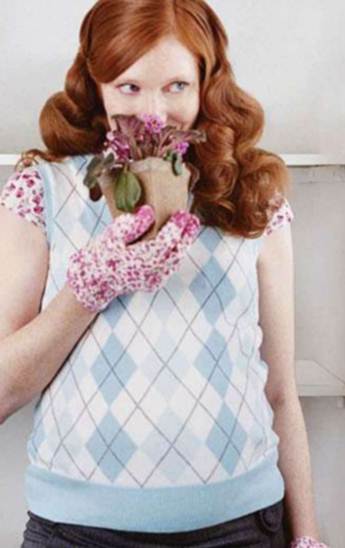Yard work is great exercise for moms-to-be,
but don’t drink from the hose! Researchers screened 179 gardening products,
including tools, gloves, kneeling pads and hoses, for such toxins as lead,
phthalates, chlorine, cadmium, flame retardants and Bisphenol A (BPA), all of
which can harm the fetus. Two-thirds of the products had levels of “high
concern,” and all the hoses tested high for lead and phthalates, a plasticizer
linked to hormone disruption and birth defects in boys. While the Safe Drinking
Water Act regulates residential water fixtures, the unregulated garden hoses
may leach chemicals.

Buy
a lead-free or natural rubber garden hose.
Modern labor runs longer
Giving birth today may mean spending more
time in labor than women did 50 years ago. A study found that childbirth now
takes 2.6 hours longer for first time moms than it did in the 1960s. This
could be due to increased age—moms now average four years older—and higher body
mass index, which now averages 24.9, up from 23 (25 is considered overweight).
Older and heavier women tend to have longer labors.
But the researchers suspect that the more
likely cause is changes in delivery room practices and labor management.
Plan ahead, nurse happier

plans from an industry leader who can deliver peace of mind
If a woman’s pregnancy was planned, she’s
more likely to breastfeed exclusively for six months, as recommended by
health experts, according to Brazilian researchers. In contrast, moms whose
pregnancies were unexpected are times more likely to feed the infant something
other than breast milk by 12 weeks. Women in low-income Sao Paulo neighborhoods
with unplanned pregnancies reported more emotional and physical discomfort with
breastfeeding, while mothers who had planned the pregnancy were more likely to
take pleasure in the nursing process.